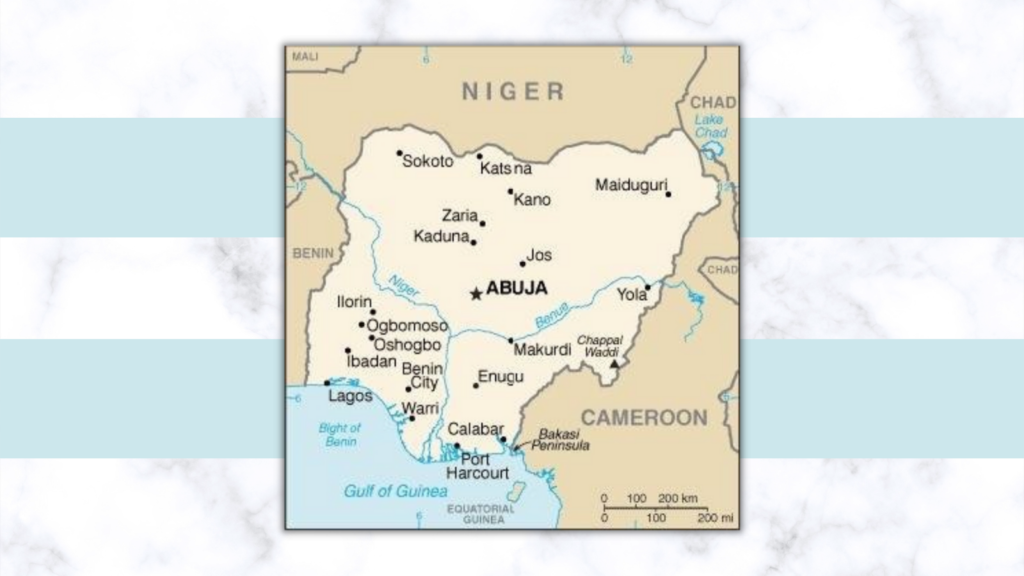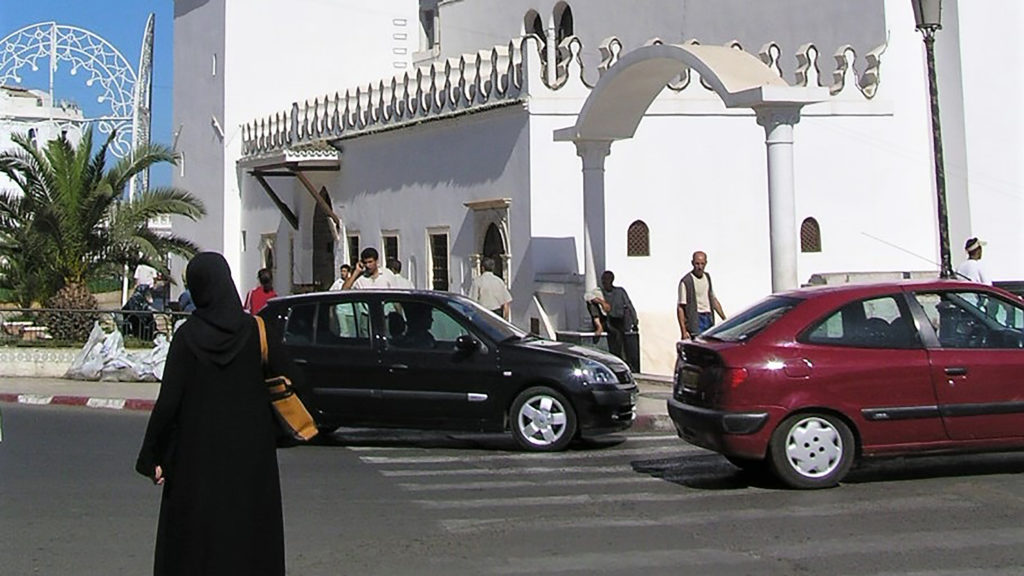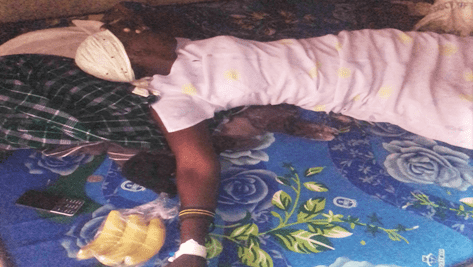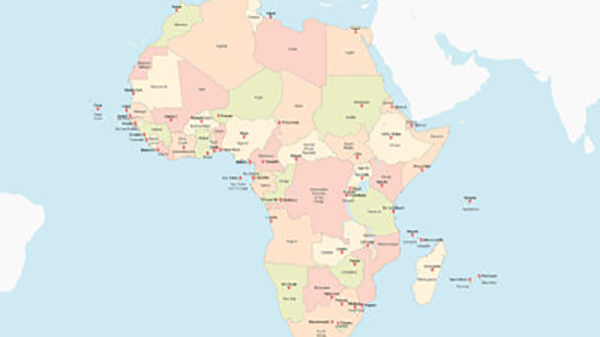The Fulbe Jeeri are among the most fascinating people in West Africa. There are more than a half million Fulbe Jeeri living along the borders of Mali, Mauritania and Senegal on the edge of the Sahara Desert. The Fulbe Jeeri have a prestigious, proud self-image that is reflected by their lifestyle. As they live and work in an environment that most people would find intolerable, they are proud of their stamina, enduring the hot and dry climate. They take a great deal of pride in their complex language, Pulaar. Most importantly, they exude pride in their religion, Islam, and in their identity as the “defenders of Islam.” It is said that to be Fulbe Jeeri is to be Muslim, which is evident with more than 99 percent claiming Islam.
The life of a Fulbe Jeeri is based largely on his ownership of cattle. This constitutes the main source of the family's wealth. The Fulbe Jeeri are mainly nomadic cattle herders, who live in temporary encampments, which are easy to move at a moment’s notice. A family will load its belongings on a few donkey carts and, with their herd, move to the next area suitable for cattle. It is routine to travel long distances to find water and green pastures for their cattle. A Fulbe Jeeris’ life is difficult to explain unless one witnesses it firsthand. However, so that people might catch a glimpse of the need to pray for the Fulbe Jeeri, I will attempt to share my experience with the Fulbe Jeeri people.
Driving across the Sahara in a four-wheel drive vehicle so as not to sink in the sand and guided by radar to stay on track, I realized just how far “in the middle of nowhere” I was. We were searching for some friends but, as one might imagine, locating nomads in the desert is no easy task. We stopped periodically to inquire of the villagers about a contact person whose name had been given to us. The villagers were reluctant to walk near the car until they heard us greet them in their own language. Few had ever seen an automobile, so surely we were as strange to them as they were to us. I must now confess that when one villager told us that he would direct our way and hopped into the car, I felt uneasy. But he fulfilled his promise to show the way. As we drove into the village of our destination, I took in the scenery of the encampment. The surrounding huts were made of straw and sticks, shaped uniformly like semi-circles. Donkey carts, sheep, goats and cattle were scattered around.
Family customs
As is the custom of Fulbe culture, the family we had come to visit greeted us warmly. In honor of our visit, our hosts killed a goat and prepared it for us. They had so little to offer, and yet they graciously gave the best they had. We rested on mats inside their straw home, observing the preparation of the meal and talking.
Taking in this simple lifestyle and realizing we were in such a foreign place sharing in a radically different culture, I was startled to learn that the head of this family was educated at university level and was fluent in several
languages. Sam* had traveled to Morocco, earned his degree in international law, and spoke five languages. He has a brilliant mind, but he made the decision to live the life that he knows and enjoys most, that of being a nomadic cattle herder.
Sam was such a captivating person to listen to, knowing his background and experiences. We learned that he has read both the Old and the New Testaments, and since meeting him, my heart has yearned for him to come to know Jesus.
In the setting of his native village and with the obvious influence he has on his people, I can only imagine how God could use this man. God may be using my feeble efforts to plant the seed and perhaps even cultivate the truth of God's love for all people. A personal relationship with Jesus is what brought me to West Africa, motivated by a desire that others would also come to know His love and His grace and His desire that all should be saved.
All of this just touches the surface of the lostness and the needs of a forgotten people. The world may have forgotten them, but God hasn't. Pray that people would answer God’s call to live His presence among the Fulbe Jeeri people. The people are ready. Please pray that God will send His ambassadors to the Fulbe Jeeri.
*The name has been changed to protect this person and the missionaries working with this people group. (IMB)





Share with others: